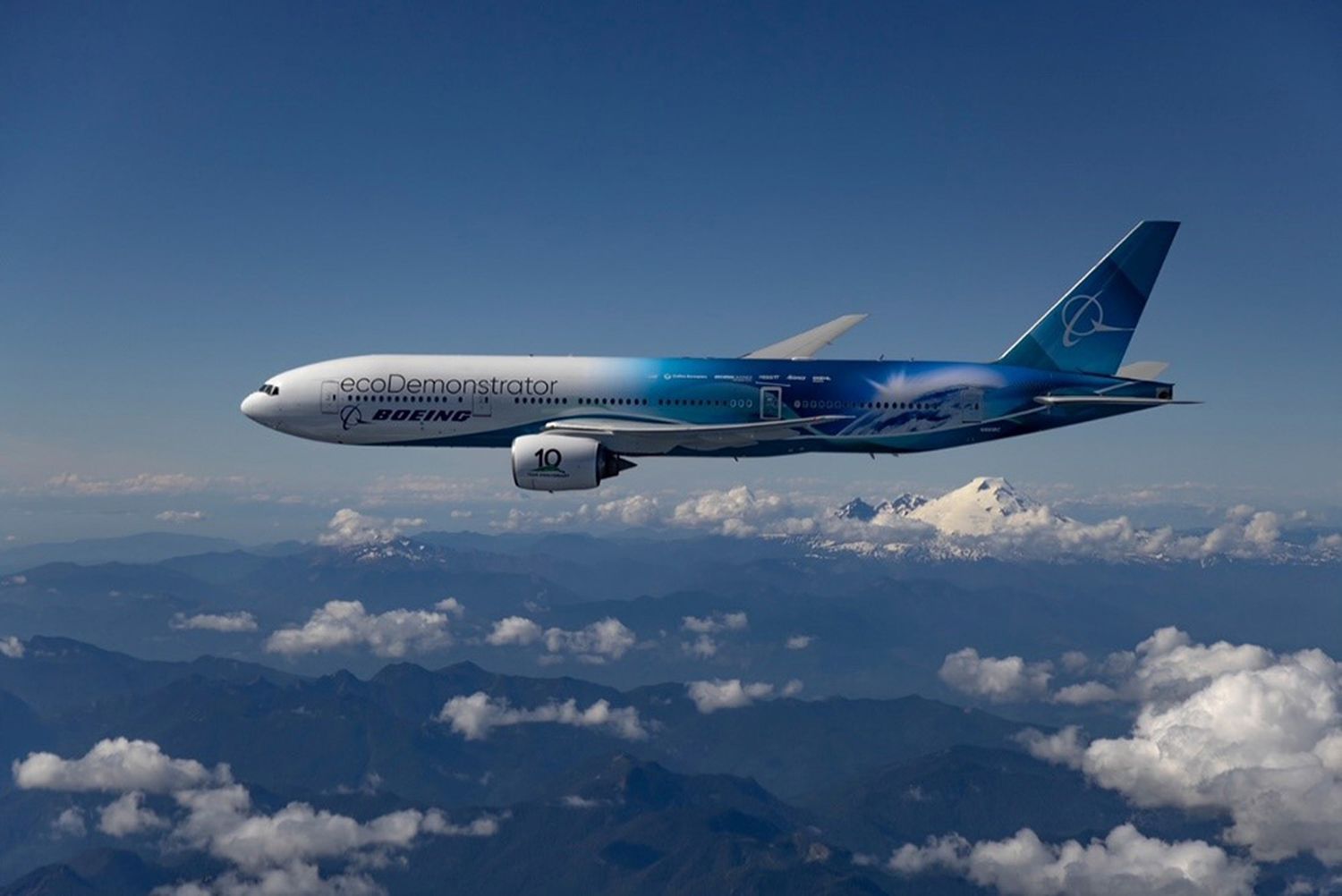Boeing’s Push for Net-Zero Carbon: SAF & Cascade Climate Model
The aviation industry’s ambitious goal is net-zero carbon emissions by 2050. Leading the charge, Boeing has launched the Cascade Climate Impact Model, a tool to identify solutions for reducing aviation’s carbon footprint, while exploring Sustainable Aviation Fuels (SAF).
Boeing’s Sustainability Initiative
Boeing’s commitment to sustainability was emphasized by Landon Loomis, President for Latin America and the Caribbean, with initiatives like the creation of a sustainability organization in 2020, and the appointment of a Sustainability Director. The introduction of the Boeing Cascade Climate Impact Model at the Boeing and RSB Sustainability Forum in São Paulo showcases this effort.
The model measures various factors contributing to decarbonization, highlighting SAF as a critical component for immediate positive results, particularly relevant in Brazil’s context, given its vast potential in aviation fuel production.
The Sustainable Bioeconomy
In collaboration with RSB (Roundtable on Sustainable Biomaterials), Boeing also presented the study «Feeding the Sustainable Bioeconomy.» This study outlines the aviation industry’s role in climate change mitigation through economic growth, rural livelihood development, and environmental protection.
Guidance on alternative fuels and extensive research helps shape investments, policies, and market development, paving the way for the sustainable transformation of aviation.
Global Projections and Brazil’s Leadership
Global projections require around 23 billion liters of SAF by 2030 and up to 450 billion liters by 2050. With potential investments totaling $46 billion, Brazil emerges as a potential leader, capable of producing 9 billion liters of SAF annually from waste alone.
Boeing’s partnership with RSB reflects this potential, offering tools to create a viable, harmonious production chain with nature.


Para comentar, debés estar registradoPor favor, iniciá sesión